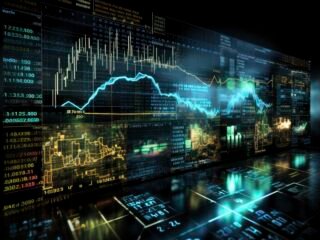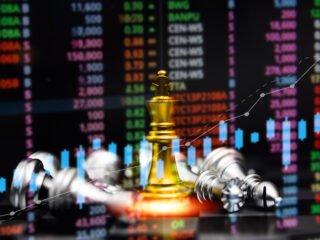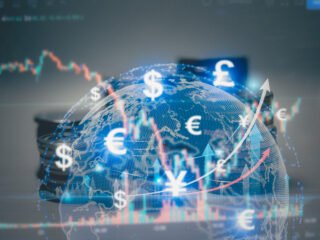The financial industry has always been at the forefront of adopting cutting-edge technologies to gain competitive advantages. From high-frequency trading algorithms to sophisticated risk models, computational power has been a key driver of innovation in finance. Now, a paradigm shift is on the horizon: quantum finance—the application of quantum computing principles to solve complex financial …
Finance
Imagine you’re playing a giant game of chess—but instead of wooden pieces on a board, you’re using real money to buy and sell stocks. Welcome to the stock market, where traders constantly try to outsmart each other in high-stakes psychological battles, often relying on guesswork, emotion, and strategy. These mind games don’t just affect Wall …
In an era where traditional monetary systems face increasing scrutiny, alternative methods of value exchange have gained significant traction. Time banking and alternative currency systems represent innovative approaches that challenge conventional notions of money, value, and economic interaction. These systems operate on principles that often prioritize community building, local economic resilience, and social equity over …
In the lightning-fast world of modern financial markets, human traders have largely been replaced by sophisticated algorithms that execute trades in microseconds. High-frequency trading (HFT) now accounts for a significant portion of trading volume in major markets, with estimates suggesting it represents 50-70% of U.S. equity trading volume. Behind this technological revolution lies a fascinating …
Nature is full of amazing ideas that help living things survive, share, and stay strong. What if we could use some of those same ideas to make our financial world — the systems of money, banks, and investing — better too? That’s exactly what financial biomimicry is all about. Financial biomimicry means copying nature’s smart …
Decentralized finance, often referred to as DeFi, has exploded in popularity in recent years, disrupting traditional financial systems and creating new opportunities for investors, entrepreneurs, and consumers alike. At the heart of this financial revolution is cryptocurrency capital – digital assets and platforms powered by blockchain technology that aim to democratize access to financial services …
As the world shifts towards a more sustainable future, the renewable energy sector has emerged as a rapidly growing market with significant investment potential. With governments setting ambitious climate goals and consumers demanding cleaner energy sources, the demand for renewable energy is expected to continue its upward trajectory. This article will explore the investment horizons …
The retail industry has undergone a dramatic transformation in recent years with the rapid rise of e-commerce and digital technologies. Consumers today are increasingly turning to online and mobile channels to research products, compare prices, and make purchases anytime, anywhere. This shift in consumer behavior, combined with intensifying competition and economic pressures, is forcing retailers …
As the global population ages, the financial challenges and opportunities associated with healthcare for older adults have become increasingly prominent. According to the United Nations, the number of people aged 60 years or older is projected to more than double by 2050, reaching nearly 2.1 billion. This demographic shift has significant implications for healthcare systems, …
In today’s globalized economy, supply chains have become increasingly complex webs that span countries and continents. Raw materials may be sourced from one part of the world, components manufactured in another, and final products assembled and sold in yet other markets. While this intricate system allows companies to optimize costs and access specialized capabilities, it …










